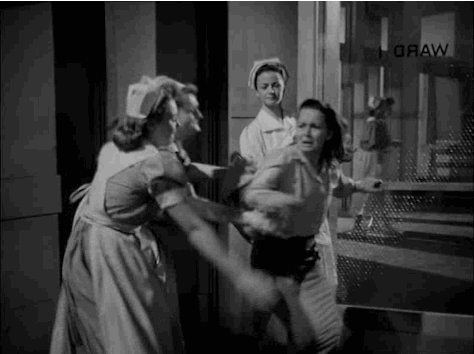AT LEAST IT’S IN NETWORK –
June 7, 2022 – It would surprise many people who are hostile to psychiatry’s chemical and electrical “treatments” to discover that they too may embrace a medical model if their approach accepts inattention, depressed mood, anxiety, substance abuse, and hearing voices as “illness symptoms.” Whether the treatment be antidepressants, electroconvulsive therapy (ECT), vitamins, or cognitive-behavioral therapy (CBT), these are not departures from the medical model as long as the goal is the eradication of the “symptoms” of “illness”/“disease”/“disorder”/“pathology” (or some other such term connoting defect). This is not to say that all “treatments” have equal potential for traumatization, as certainly ECT—which damages the brain and disconnects a person from memories—is going to have a more traumatizing effect than CBT (I will return later to the essence of trauma).
In one of the oddest wrinkles of psychiatry’s medical model, psychiatry officialdom tells us that their medical model does not necessarily mean that all DSM symptoms should count as illness symptoms. Specifically, psychiatrist Ronald Pies, Editor-in-Chief Emeritus of the Psychiatric Times, in his article “Hearing Voices and Psychiatry’s (Real) Medical Model” writes: “Psychiatry also recognizes the cultural and religious context in which some people ‘hear voices’—and the non-pathological nature of such experiences.” Pies continues, “Thus, DSM-5 notes, ‘In some cultures, visual or auditory hallucinations with a religious content (eg, hearing God’s voice) are a normal part of religious experience.’”
Thus, similar to the medieval Catholic Church with respect to selling indulgences to expunge sins from one’s “heaven-hell record,” psychiatrists can declare an individual with DSM symptoms of pathology as not evidencing pathology. In practice, such “get-out-of-mental illness cards” are handed out with regard to (1) the political consequences of declaring individuals with such symptoms to be mentally ill (for example, preempting an attack on psychiatry by that group of people who hear God’s voice); and (2) if psychiatrists themselves have experienced DSM symptoms (for example, declaring their own inattention to a boring lecture as not a symptom of ADHD, though diagnosing their patients’ inattention to them as ADHD).



